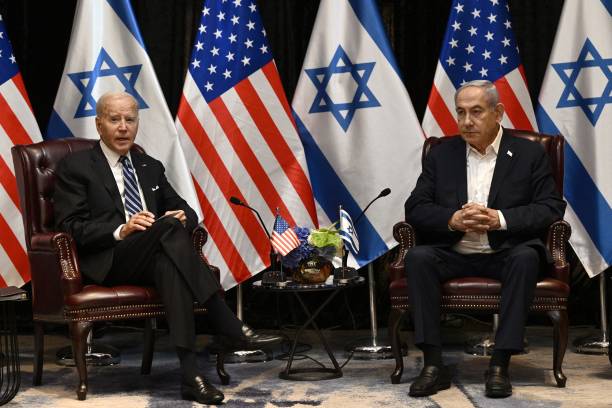
"The suicide of Prakriti Lamsal at KIIT University sparked protests, diplomatic tensions, and a reckoning for campus safety. Explore the full story, updates on arrests, and calls for reform."
KIIT University Student Suicide: A Crisis That Shook India-Nepal Ties
The suicide of 20-year-old Prakriti Lamsal, a Nepali student at Bhubaneswar’s Kalinga Institute of Industrial Technology (KIIT), has spiraled into a national controversy, exposing systemic failures in campus safety and triggering diplomatic tensions between India and Nepal. Here’s a deep dive into the incident, its fallout, and the urgent questions it raises.
What Happened at KIIT University?
On February 16, 2025, Prakriti Lamsal, a third-year BTech student from Nepal, was found dead in her hostel room. Initial police reports suggested suicide, but her family and classmates alleged she was driven to the extreme step by relentless harassment and blackmail from her ex-boyfriend, Advik Srivastava, a fellow KIIT student.
- The Allegations: Prakriti had reportedly complained to KIIT’s International Relations Office (IRO) about Srivastava’s threats to leak intimate photos and videos. Despite warnings, the university allegedly failed to document the complaint or take disciplinary action.
- The Final Straw: A leaked audio clip revealed Srivastava hurling abuses at Prakriti, who was heard crying. Hours later, she was found dead. Her cousin Siddhant Sigdel filed an FIR accusing Srivastava of abetment to suicide under Section 108 of the Bharatiya Nyaya Sanhita.
Protests Erupt: Students Demand Accountability
The tragedy ignited outrage among KIIT’s 500+ Nepali students, who staged protests demanding justice. They blocked roads, chanting slogans like “We Want Justice,” and accused the administration of downplaying the incident.
- Forced Evictions: In a shocking move, KIIT issued a notice on February 17 ordering all Nepali students to vacate the campus immediately. Students were reportedly herded into buses and dumped at Cuttack Railway Station without food, money, or travel arrangements. “We were given one hour to pack. No tickets, no support,” said Anil Prasad Yadav, a Nepali student.
- Racially Charged Remarks: A viral video showed a staff member mocking protesters: “We feed 40,000 students for free—more than Nepal’s budget!” The remark drew condemnation and fueled diplomatic backlash.
Diplomatic Firestorm: Nepal PM Intervenes
The evictions and alleged mistreatment prompted Nepal’s Prime Minister KP Sharma Oli to step in. He dispatched embassy officials to Odisha and demanded India’s intervention through diplomatic channels.
- Embassy Action: Nepal’s embassy in New Delhi set up a 24/7 helpline and negotiated with KIIT to reverse the eviction order. Students were later invited back, but many remained wary of returning.
- India’s Response: Odisha’s government criticized KIIT’s actions, and the Indian Embassy in Kathmandu pledged to ensure student safety, calling Nepal-India ties “enduring”.
Our Embassy in New Delhi has dispatched two officers to counsel Nepali students affected in Odisha.
Additionally, arrangements have been made to ensure they have the option to either remain in their hostel or return home, based on their preference. #Nepal #Odisha
— K P Sharma Oli (@kpsharmaoli) February 17, 2025
Fallout: Arrests, Apologies, and Reforms
- Arrest of the Accused: Advik Srivastava was arrested at Bhubaneswar airport while attempting to flee to Lucknow. Police seized Prakriti’s phone and laptop for forensic analysis.
- KIIT’s Damage Control: The university suspended two hostel staffers and a security officer over misconduct during protests. Vice-Chancellor Saranjit Singh issued a public apology, calling the incident “regrettable” and emphasizing KIIT’s “culture of inclusivity”.
- Control Room Established: A 24/7 helpdesk was set up to assist returning students, though skepticism lingered about systemic change.
Lessons Unlearned: A Call for Systemic Change
Prakriti’s death underscores glaring gaps in campus grievance redressal and international student support. While KIIT’s apology is a start, experts stress the need for:
- Stronger Anti-Harassment Protocols: Mandatory written records of complaints and swift disciplinary action.
- Diplomatic Safeguards: Clear bilateral frameworks to protect foreign students.
- Mental Health Infrastructure: Counseling services tailored for cultural and linguistic needs.
A Wake-Up Call for Universities
This incident is more than a tragic suicide—it’s a stark reminder of the vulnerabilities faced by international students. As India positions itself as a global education hub, institutions like KIIT must prioritize student safety over reputation management. For Prakriti’s family and Nepal’s grieving student community, justice remains pending.





